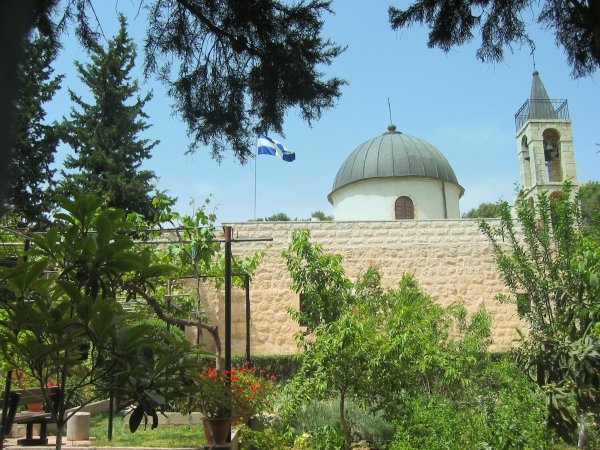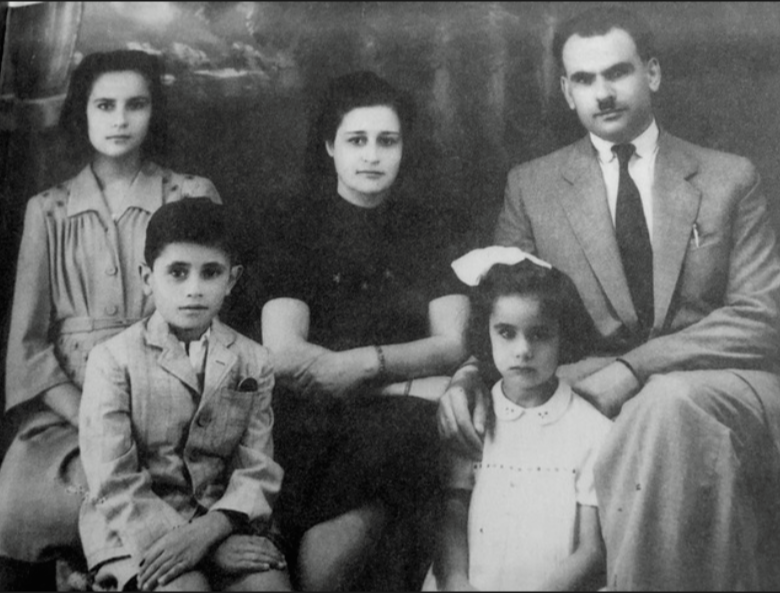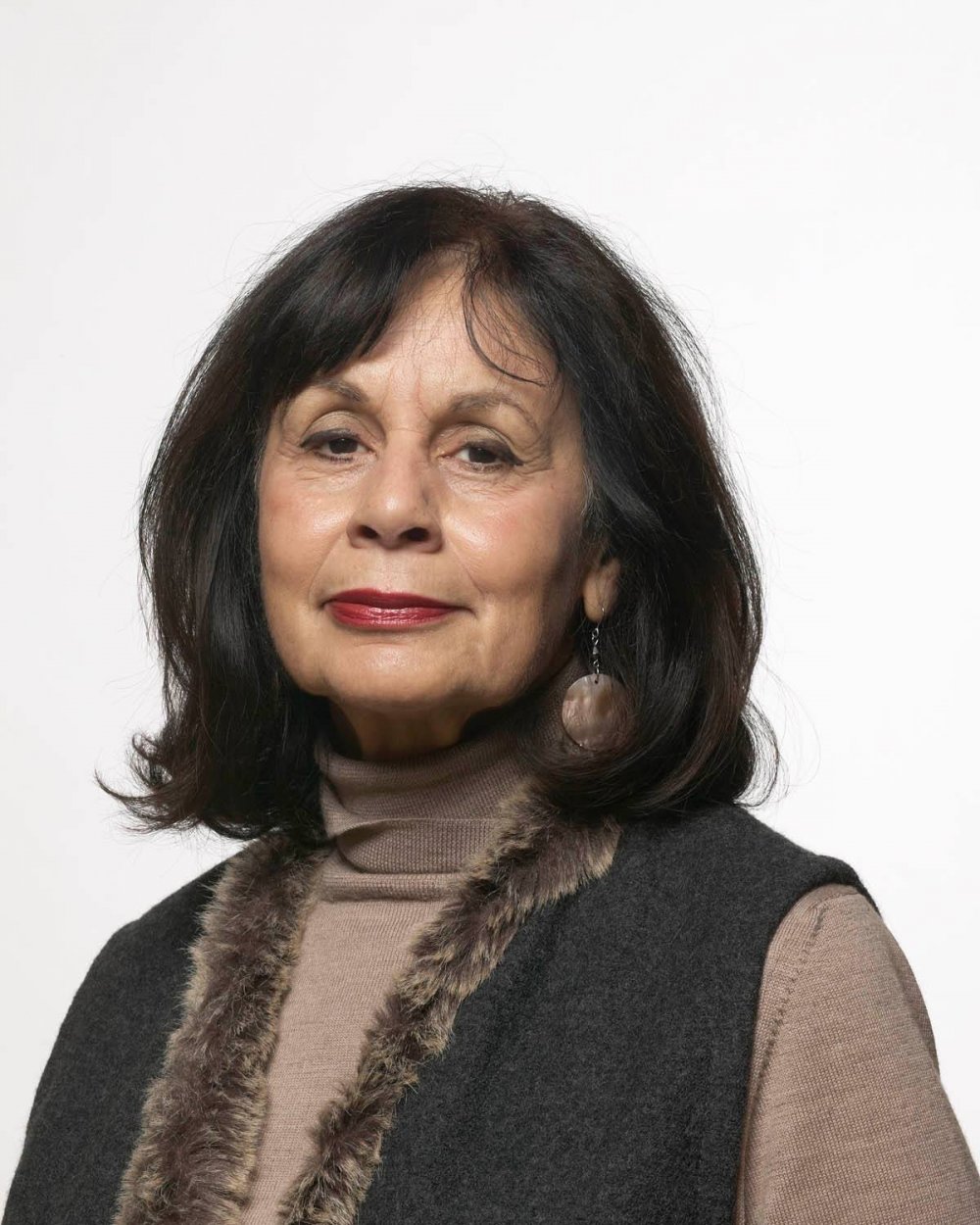In London, he would resume collecting books and spending his leisure hours on the work that would later establish his name as a scholar of Arabic, compiling several Arabic-English dictionaries. He decided that his children would study useful subjects that could provide a good living. Siham embraced his plan that she study medicine, but she couldn’t get accepted to medical school, so settled for chemistry. Brother Ziyad went for engineering. Ghada would be the one to fulfill his practical ambitions, even though she leaned more toward literature and history.
Like many immigrant parents, Ghada’s parents are a bundle of contradictions. They expect their children to retain their culture and sense of themselves as Arab and Muslim in a foreign environment and to understand without being told why their daughters must marry within their parents’ faith. This, even as such customs seemed remote, and an alternative cultural education to the dominant environment was never offered. In an amusing scene, Ghada describes her parents and her Jewish friends’ parents responding in an identically hysterical manner to the news that one of their own is contemplating marriage outside the tribe.
Perhaps surprisingly, Ghada writes that her parents never referred to their home in Qatamon or the circumstances that forced them out of Jerusalem. The war and their exodus are never acknowledged. Within a few years, the failure to talk about their family history has erased all memory of Jerusalem and even Damascus from their younger daughter’s memory. Decades later, the need to uncover that history while shaping the future would occupy most of her energy and become her focus.
In 1952, Ghada was granted British citizenship, as were her brother and father; her sister did not want it, and her mother was especially hostile to the idea. Today one might think of citizenship as a convenience—not necessarily a statement of allegiance but rather a way to facilitate movement and employment. But for the Karmi family and others, this step was charged. In the 1950s, the memory of the British role in the theft of Palestine was too raw to file away in the background. Ghada’s father seems to have taken no joy in his new citizenship, even though it freed him from the unpleasant exercise of applying for annual residency.
Ghada absorbed the dominant culture—she became a reader and frequented libraries, took in art shows, had piano classes, and shared the majority’s prejudices. Eventually her identification with the dominant culture included looking down on other immigrants. Her best friends are Jewish girls, and their families took her in.
Then and now, wars remind Arabs how fragile their standing in the West is and how swiftly normalcy can be stripped away. The nationalization of the Suez Canal in 1956 was put to Ghada in an accusatory way by British peers, and thus started the process of her questioning her place in English society. (For sister Siham, that war and the virulent British response to Gamal Abdel Nasser was the last straw; she would leave for Syria as soon as she completed her degree in chemistry.)
To Ghada’s great regret, she entered medical school in 1958. In retrospect, the author writes that she acquiesced to her father’s plans for her future only because she was sufficiently influenced by a culture that discouraged parental defiance. She also feared being cast outside the tribal tent. (That would happen anyway, a few years later.)



